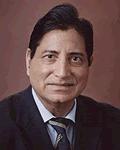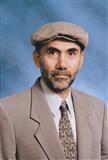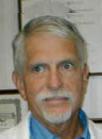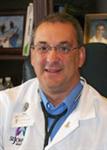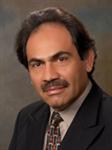Caring for surgical patients is directed to the following important functions for the normal life of the patient:
- After surgery, in the patient is usually caused the wound, which is a source for the development of bacteria therein. Therefore, doctors, watching the patient must take care to prevent infection. Operating wound can also cause sudden bleeding. If the infection is still there, bleeding can cause purulent spread through the vessels. Its symptoms in this case are: swelling, deformation, discoloration of the skin, throbbing pain in wound.
- Mental status of surgical patients. Almost at each patient there is a fear of anesthesia, surgery, and of course everyone is afraid of the adverse effects after surgery. In These patients is observed: nervous irritability, insomnia, psychosis
- Cardiovascular function. These include anemia due to blood loss, lower blood pressure, including collapse, venous stasis (a consequence of low mobility), thrombosis, embolism. Anemia may also be accompanied by anoxia, hypoxemia, cyanosis.
- Respiratory system. Doctors and nurses should monitor the proper breathing in postoperative patients, namely, the patient must breathe deeply, to cough, to lie in an elevated position of the body, in cases of hypoxemia - to conduct oxygen therapy.
- Functions of the digestive system are violated in all postoperative patients, but particularly sharply after operations on the abdominal organs. The consequence of deviations are loss of appetite, digestive disorders (diarrhea), low of peristalsis or lack thereof, leading to constipation and others. To normalize the function of the salivary glands - is obligatory careful oral hygiene. To restore gastrointestinal secretion - delicious, varied, rich in vitamin diet. With the stagnation in the stomach contents - its washing, cleansing enemas. Before restoring intestinal motility - its pharmacological preparations stimulation.
All patients with purulent focus suffer double intoxication: metabolic products of bacteria and necrotic disintegration of fabrics caused by an inflammatory process.
The greater the operation, and hence the More of destroyed tissues, the more stronger and longer symptoms of intoxication are saved. They are enhanced with the development of of suppuration in the surgical wound. Considering this, are taking measures to detoxification (plentiful drink, oxygen, providing an outflow of decay and others.).
- Physical inactivity (lack of mobility) gives blood circulation, leading to congestion, hypostasis, thrombosis, embolism, reduces ventilation, increases hypoxemia (oxygen starvation), degrades all the functions of the digestive organs, causing muscle atrophy, etc.
Insufficient motility of surgical patients may be is the forced (multiple severe fractures and other injuries, extensive surgery, etc.) or related to general weakness, caused by disease. It significantly strengthens all postoperative dysfunction of organs and systems, and can be the root cause of many serious complications. The doctor must take proactive steps to resolve the issue using a variety of methods of active and passive movements of the patient - physiotherapy, massage, devices that help the patient to sit and so on.
- Skin care and prevention of pressure sores. In the preoperative period, these processes need to be healed. In addition to mandatory daily hygiene baths, at the fungal infections is necessary to wipe the skin folds by alcohol and powdering.
hide
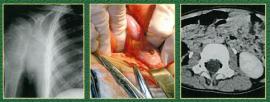 Features of care for surgical patients is determined primarily by the fact that the function of organs and systems of patients undergoing change because of disease (pathological focus), anesthesia and surgery.
Features of care for surgical patients is determined primarily by the fact that the function of organs and systems of patients undergoing change because of disease (pathological focus), anesthesia and surgery. 